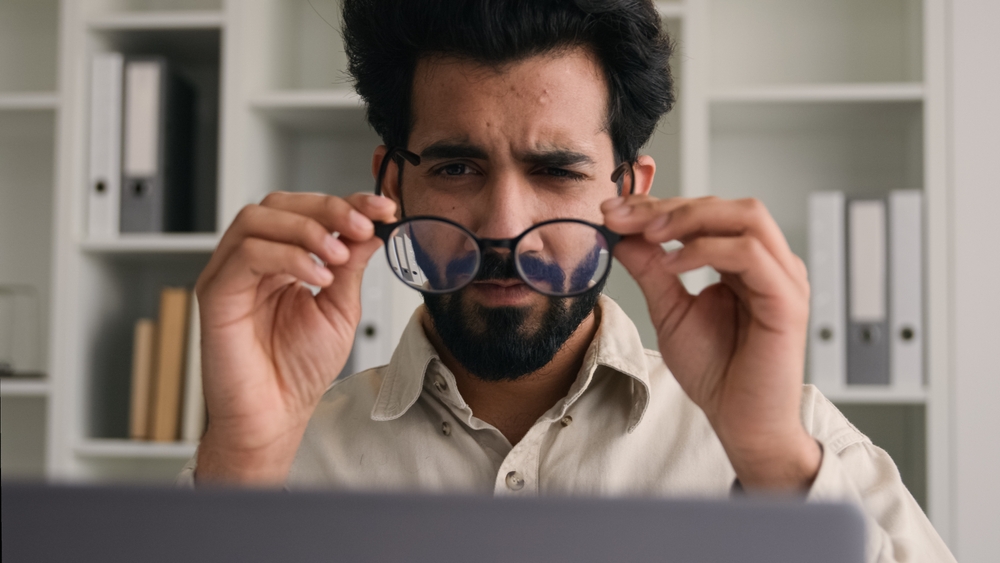
In today’s digital world, screens are everywhere. From smartphones and tablets to computers and TVs, our daily lives revolve around technology. But how does this increase in screen time impact our eyes, particularly when it comes to myopia?
Understanding Myopia
Myopia, or nearsightedness, is a common eye condition where distant objects appear blurry while close objects remain clear. This happens when the eye grows too long from front to back, causing light to focus in front of the retina instead of directly on it. Myopia typically develops in childhood and can progress over time if not properly managed.
The Link Between Screen Time and Myopia
Prolonged screen time is a growing concern for eye health, especially in children and young adults. When we spend hours staring at screens, our eyes are constantly focusing on close-up tasks. This extended near work puts strain on the eyes and is believed to contribute to the development and progression of myopia.
Additionally, screen time often replaces outdoor activities. Studies show that spending time outdoors, particularly in natural daylight, may help slow the progression of myopia. Natural light is essential for healthy eye development, and outdoor time gives the eyes a break from constant close-up focusing.
Other Contributing Factors
While screen time is a major concern, it is not the only factor linked to myopia. Genetics play a strong role. Children with one or both parents who are nearsighted are more likely to develop myopia themselves. Poor lighting, inadequate visual breaks during reading or studying, and not getting regular eye exams can also contribute to worsening vision.
Preventive Measures
There are several steps you can take to reduce the risk of myopia progression:
Encourage outdoor time: Aim for at least 1 to 2 hours of outdoor play per day, especially for children.
Follow the 20-20-20 rule: Every 20 minutes, look at something 20 feet away for 20 seconds to reduce eye strain.
Maintain proper screen habits: Keep screens at an appropriate distance and angle, and limit the total daily screen time.
Create a vision-friendly environment: Ensure good lighting during reading or screen use and encourage frequent breaks.
The Importance of Myopia Management Treatment
Managing myopia is about more than just updating a prescription. Without proper treatment, high levels of myopia can increase the risk of serious eye conditions later in life, such as retinal detachment, glaucoma, and macular degeneration. We offer customized myopia management solutions to help slow its progression and protect long-term vision health. Treatment options may include specialty contact lenses, atropine eye drops, and lifestyle guidance tailored to each patient.
Schedule Your Child’s Eye Exam Today
As screen time continues to be a major part of our daily lives, understanding its impact on eye health is essential. Myopia is on the rise, but with proactive measures and professional care, you can protect your or your child’s vision. Early detection and management can make all the difference.
If you’re concerned about your child’s screen habits or nearsightedness, schedule a pediatric eye exam at D Vision Eyecare to discuss myopia management options. Contact our office in Allen, Texas, by calling (972) 649-4441 to book an appointment today.





